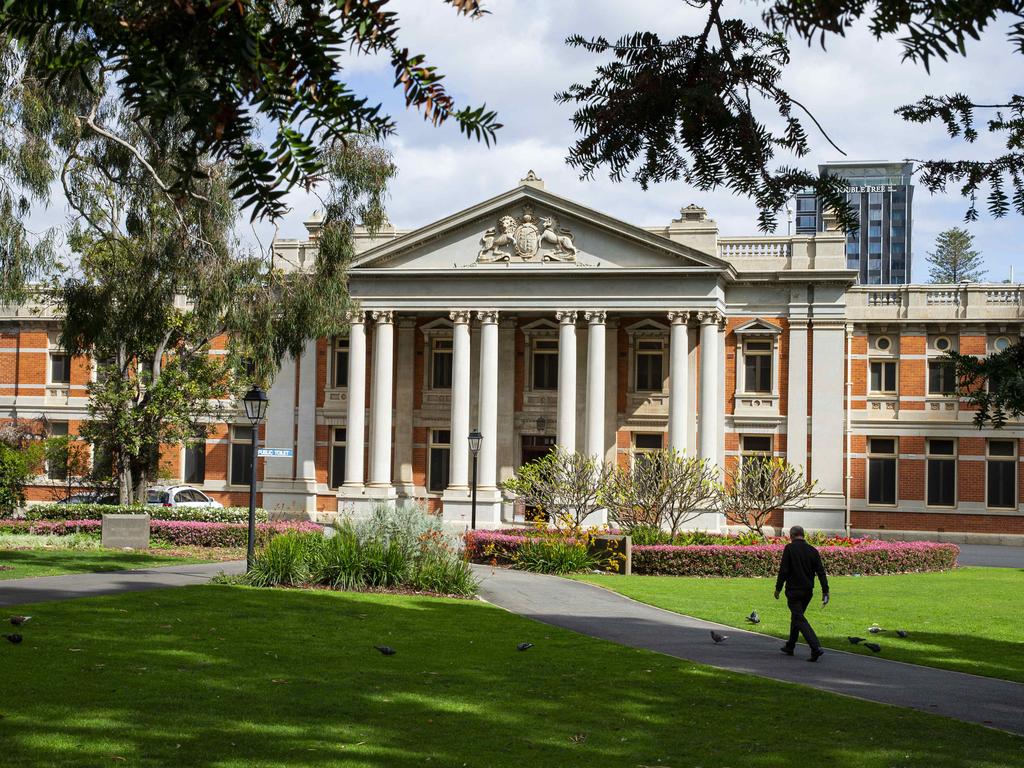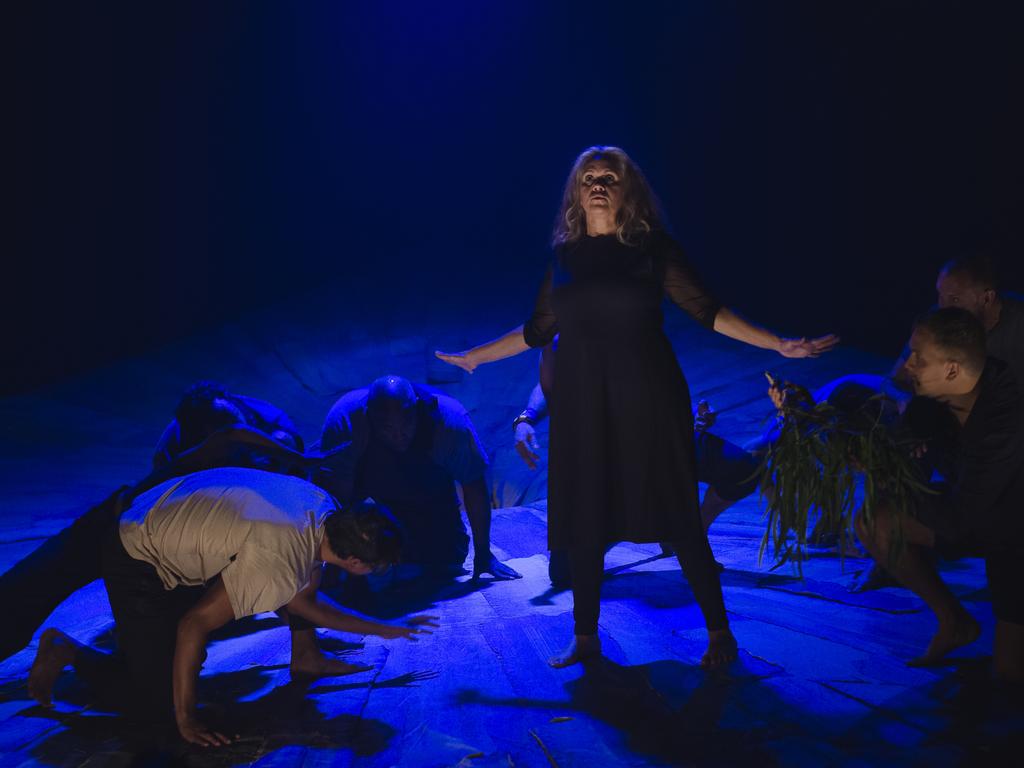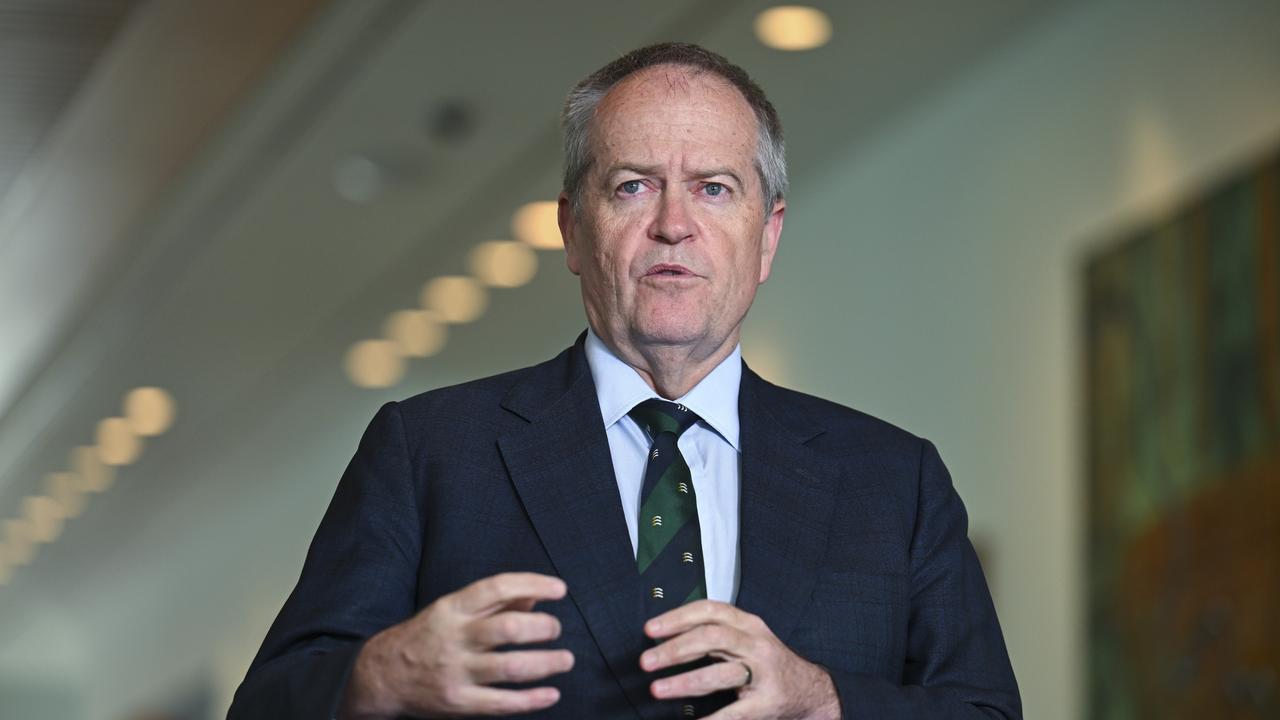Biggest native title deal is in turmoil
The land council that struck the agreement is reeling from explosive revelations it secretly accessed the emails of ‘usurping’ Aboriginal organisations created to manage the $1.3bn settlement.
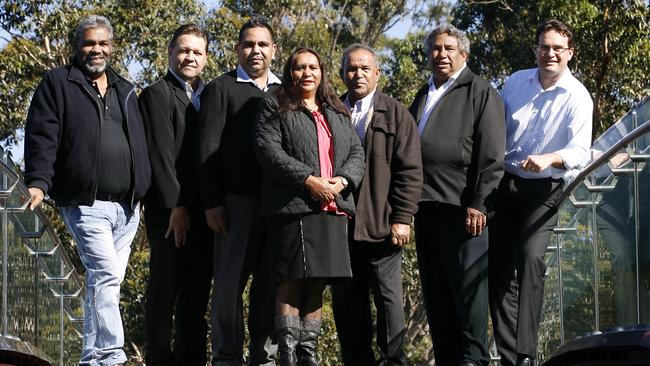
The nation’s biggest native title deal – called Australia’s first treaty – is in turmoil as the land council that struck the agreement reels from explosive revelations that it secretly accessed the emails of “usurping” Aboriginal organisations established to take charge of the $1.3bn settlement.
The South West Aboriginal Land and Sea Council has been the subject of a series of stinging claims, three inquiries and at least two police complaints as it navigates what sources describe as a power struggle with six new regional Aboriginal corporations set up to realise the biggest and most comprehensive Indigenous settlement in Australian history, the 2021 South West land deal.
Former West Australian Liberal premier Colin Barnett proposed and struck the deal with the Noongar people of Perth and the southwest of Western Australia after a lengthy Federal Court battle had reached a stalemate.
The settlement – comprising a $600m future fund and 200,000sq km of land – enjoyed bipartisan support as a landmark agreement that cleared impediments for farmers, developers and government while providing economic opportunities for the Noongar people.
However, The Australian can reveal it has been blighted by conflict, and the South West Council – once lauded for striking the deal – has been told by investigators to “assess leadership effectiveness, review staffing profiles, build trust, and adopt a customer-centric culture”.
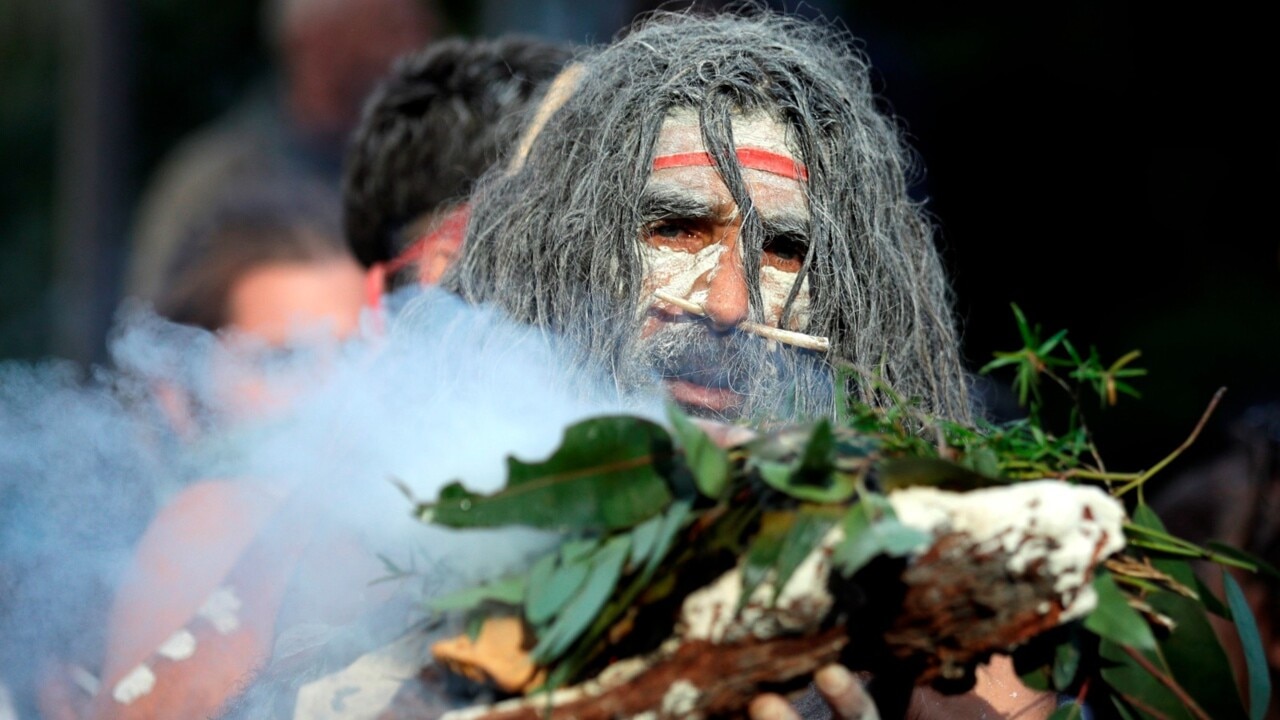
The Cook government has been forced to step in and is expected to consider changes to the agreement at a cabinet meeting this month.
The Australian understands the South West Council and its supporters do not accept that there is deep conflict in the Noongar community over the rollout and delivery of the $1.3bn deal.
Council chair and esteemed Noongar leader Professor Dennis Eggington said: “Our Noongar people remain committed to unification across Noongar boodja, and our focus is on continuing to build a robust and unified Noongar Nation supported by seven strong corporations.”
One source who has closely observed the $1.3bn deal and its rollout said there was a perception among some in the South West Council that the six new Aboriginal organisations were usurping some of its roles.
An inquiry into the South West Council’s functions by lawyer Anthony Beven is still under way, The Australian has been told. Critics of the council say it was once a powerhouse in Indigenous affairs because it represented more than 30,000 Noongar people, and the organisation is having difficulty accepting its new, diminished role as a service provider to the six new regional bodies it created.
Another source said the council was in a strange situation because it was supposed to be helping the six new organisations while also competing with them for grants from the trust established as part of the $1.3bn deal.
“The South West Aboriginal Land and Sea Council did its job well. It got the $1.3bn deal done. It was supposed to then slide into a lesser role supporting the six new Aboriginal corporations by doing their IT and their human resources and their financial reports, and stuff like that,” one source said. “Instead, it is hanging on trying to build an empire.”
In May, Professor Eggington wrote a letter about findings against the council in which he said the board of the council had received a number of complaints and commissioned two inquiries, one into its IT issues and other into overall service.
Professor Eggington explained in the letter that an investigator found that, on two occasions, employees of the council improperly tracked the destination and identified the recipients of an email sent by the chief executive of one of the six Aboriginal corporations.
The Australian has learned that one of those incidents related to an email that the chief executive of one of the six Aboriginal corporations is believed to have written to the chief executives of the other five organisations in August last year, purportedly expressing concerns about the South West Council.
The email, by then Wagyl Kaip chief executive Lisa Smith, was titled “Operational Concerns” – and according to a summary of the investigation seen by The Australian, it was the South West Council’s chief executive, Vanessa Kickett, who was found to have “made” an employee access it in Ms Smith’s sent folder.
According to the summary of the investigation, Ms Kickett asked for and received from the employee a list of those to whom the email was sent.
In comments by McWilliams Davis Lawyers attached to the summary, Ms Kickett’s actions were described as unethical and a breach of the code of conduct and communications policy.
When The Australian contacted Ms Kickett about this on Wednesday, she replied by text, commenting that the email matter was “a complicated issue”.
She said she could provide a response on this on Thursday via the chair of the South West Council.
Despite a veiled threat from at least one of the six regional Aboriginal corporations to cut ties with the South West Council in June, the council clearly has the support of some of the board members at those corporations.
On Wednesday, one of the regional corporation’s boards sacked its chief executive, Noel Morich, after he repeatedly raised his concerns with them about the South West Council.
The Australian has been told Mr Morich was given notice for reasons that did not relate to his criticism of the South West Council.
“I am bitterly disappointed,” Mr Morich said.


